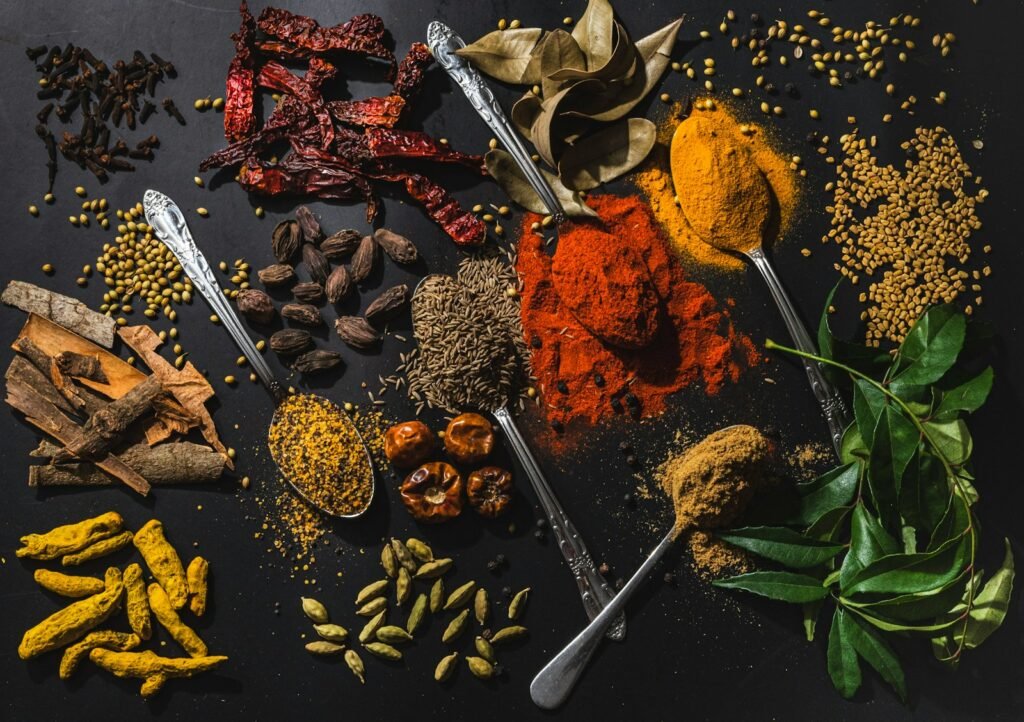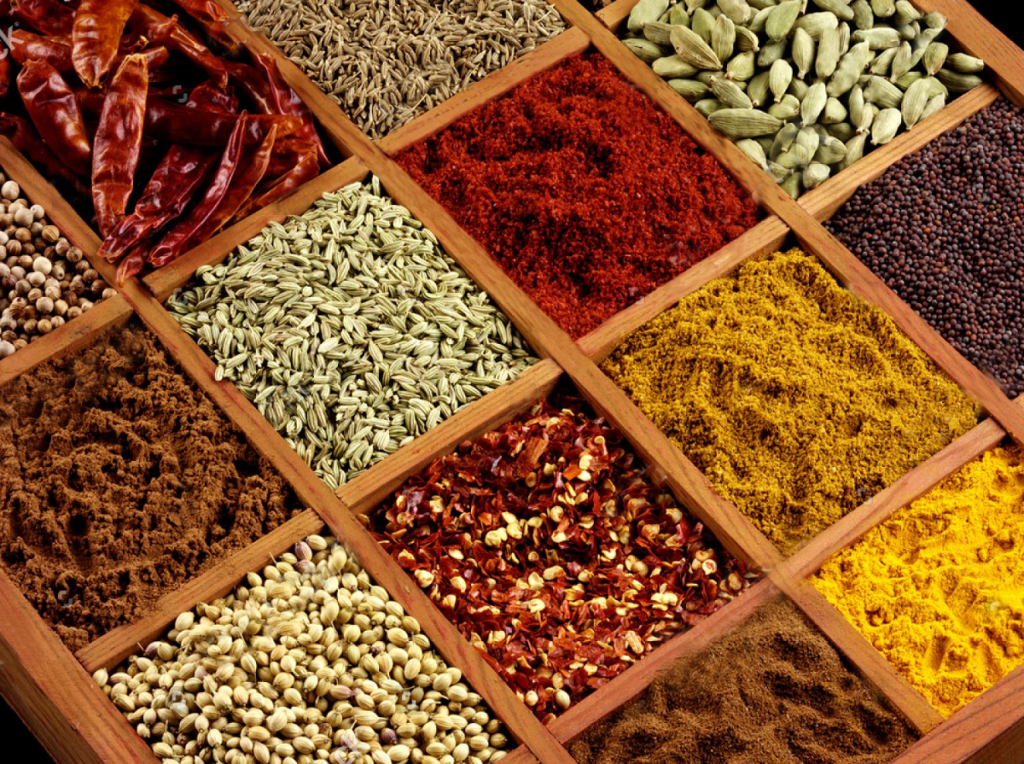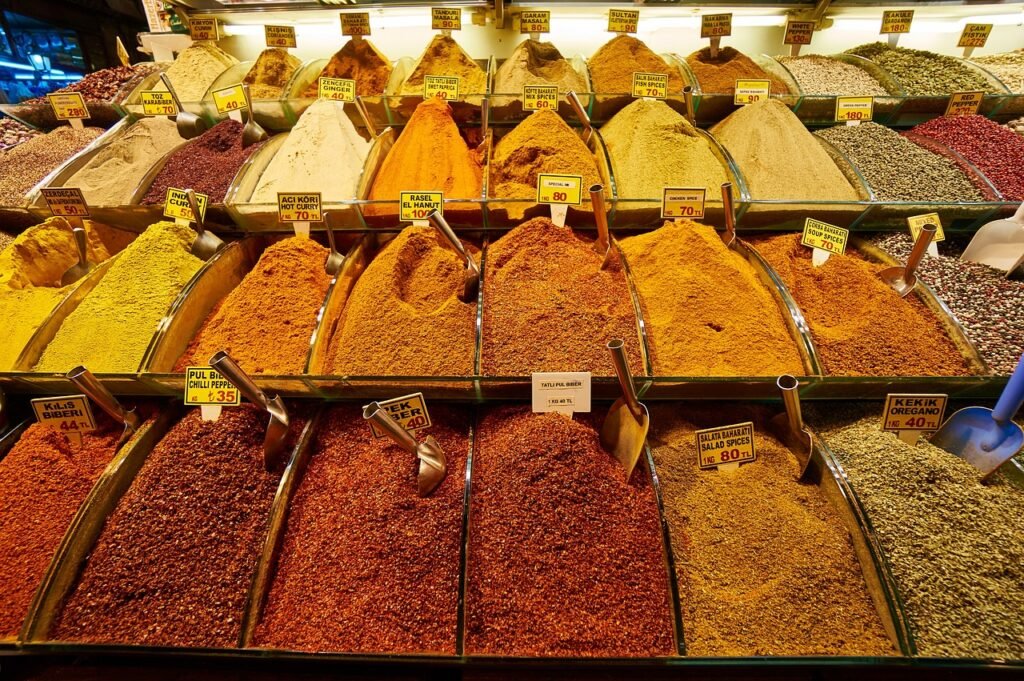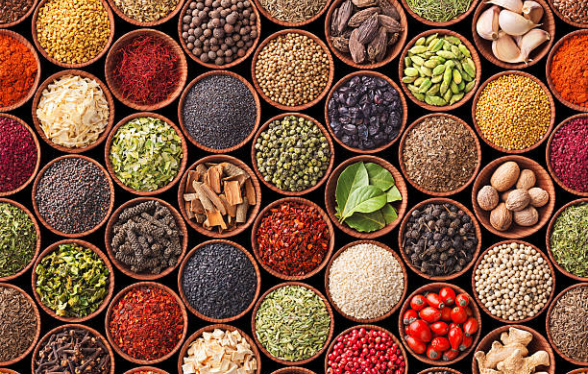Office #207-2nd Floor-ZALFA BUILDING-NEAR Jumeirah Creekside Hotel-Garhoud -Dubai UAE
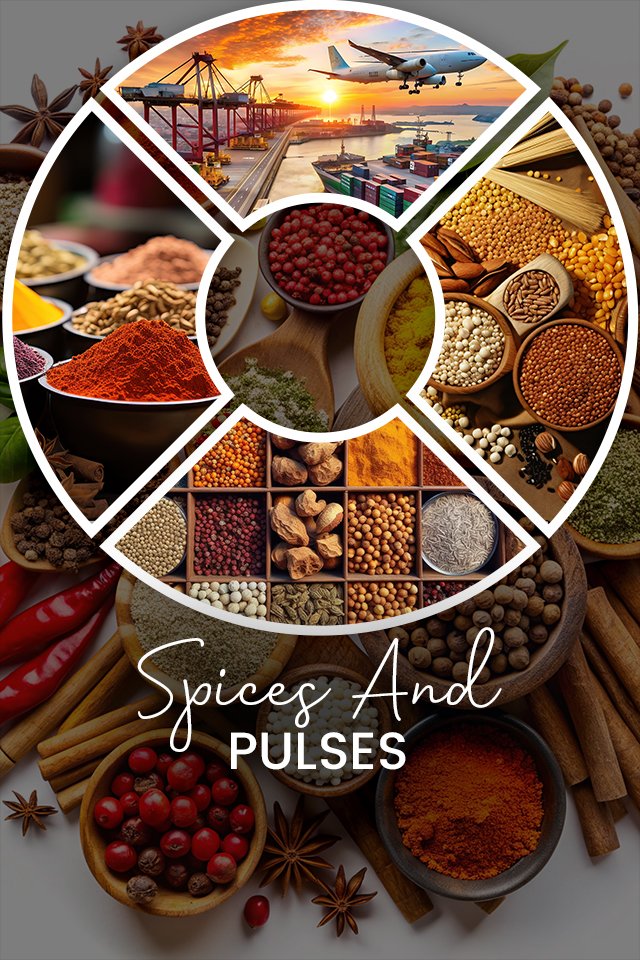
Bringing the World’s Flavors and Nutrients to Your Business
Spices and Pulses exporter
At MKK Trade, we offer a premium selection of spices and pulses sourced from trusted suppliers across the globe. Our commitment to quality ensures that your business receives the finest spices to enhance flavor and the highest-quality pulses to meet nutritional demands. We cater to industries ranging from food manufacturing to hospitality, providing reliable, consistent, and diverse supply solutions.
Fabric Trading
Fabrics that Inspire: MKK Trade's Textile Solutions
Building Materials
Building Strong Foundations with MKK Trade
Foodstuffs
Your Trusted Source for Global Food Products
Fish
Choose your favorite category mauris orci dignissim nisl
Wine
Choose your favorite category mauris orci dignissim nisl
Pizza
Choose your favorite category mauris orci dignissim nisl
Chicken
Choose your favorite category mauris orci dignissim nisl
Burger
Choose your favorite category mauris orci dignissim nisl
Dessert
Choose your favorite category mauris orci dignissim nisl
Starting from
$10
Spices
MKK Trade offers a premium selection of aromatic spices sourced from the finest producers. Our range includes both whole and ground spices such as cumin, turmeric, black pepper, and more, known for their rich flavor and vibrant aroma. We ensure top-quality spices that meet the demands of food manufacturers, retailers, and the culinary industry, adding depth and taste to dishes around the world.
Pulses
MKK Trade supplies a wide variety of high-quality pulses, including lentils, chickpeas, beans, and peas. Rich in protein and essential nutrients, our pulses are carefully sourced to meet the highest standards of freshness and purity. Ideal for wholesalers, retailers, and food processors, our pulses offer a nutritious and versatile ingredient for a range of culinary applications.
Efficient Logistics and Delivery
Quality and Consistency
Diverse Product Range
Spices and pulses are essential to kitchens around the world, offering both flavor and nutrition. MKK Trade provides the highest quality products to ensure your business can meet market demand while maintaining the integrity and flavor of your offerings. Whether you’re in the food production industry, retail, or hospitality, we guarantee a consistent supply of the finest spices and pulses.
Starting from
$6
Why Choose us :
Superior Quality
We ensure that all our spices and pulses meet the highest quality standards, maintaining their freshness, flavor, and nutritional value throughout the supply chain.
Sustainability and Ethical Sourcing
MKK Trade is committed to sustainable farming practices. We source from ethical producers who prioritize environmental responsibility and fair trade principles.
Customized Solutions
Whether you need bulk quantities, specific spice blends, or packaging solutions, we work with you to customize orders that align with your business needs.
Customized Solutions
Global Sourcing
Efficient Logistics and Timely Delivery
Desserts
Choose your favorite category mauris orci dignissim nisl, id gravida nunc enim quis nibh. Maecenas convallis eros a ante dignissim.
Starting from
$12
Panna cotta$18
Maecenas interdum lorem eleifend orci aliquam mollis.
Chocolate cake$14
Maecenas interdum lorem eleifend orci aliquam mollis.
Fruit and almond tart$25
Maecenas interdum lorem eleifend orci aliquam mollis.
Lemon and almond cake$14
Maecenas interdum lorem eleifend orci aliquam mollis.
Tiramisu$12
Maecenas interdum lorem eleifend orci aliquam mollis.
Chocolate pudding$15
Maecenas interdum lorem eleifend orci aliquam mollis.
Strawberry cheesecake$25
Maecenas interdum lorem eleifend orci aliquam mollis.
Italian ice cream$35
Maecenas interdum lorem eleifend orci aliquam mollis.
